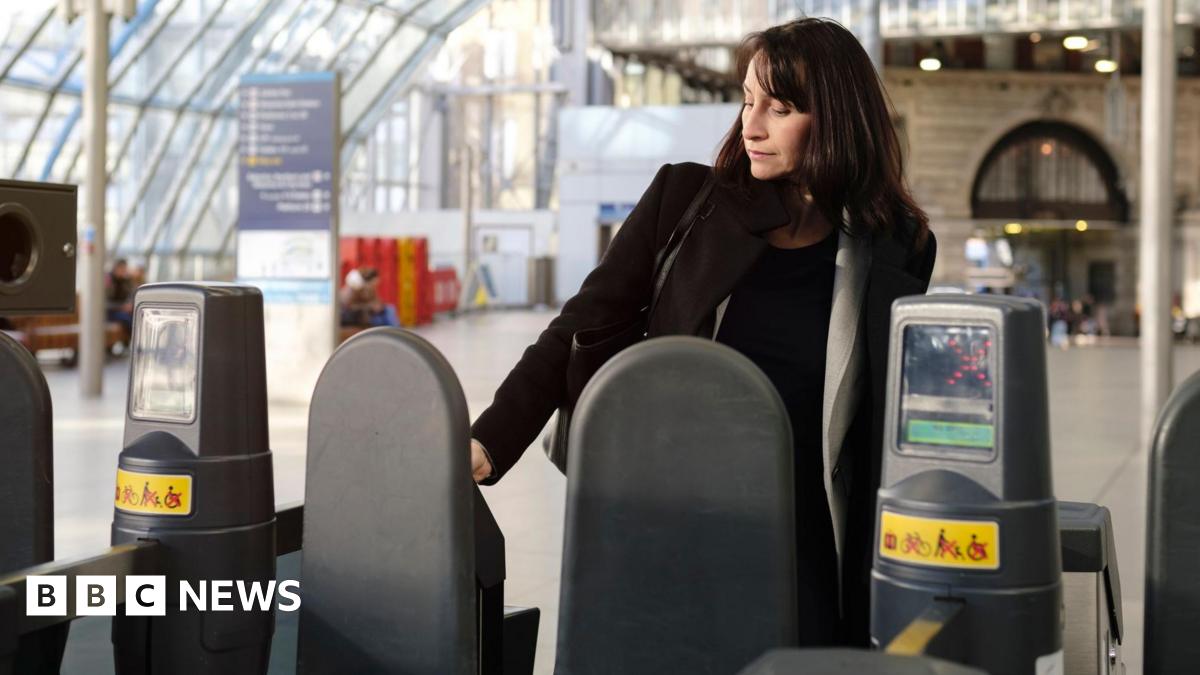Leekbrookgull
Well-known member
Maybe like a few i can remember the days of British Rail and let's face it wasn't great at the best of times. So and i believe that South West Trains has become the first private operator to back into government ownership, now we travel back to Sussex around twice a month and ok it's advanced tickets all in AWC, Tube and Southern anything from £45/65 and round trip of 500 mls and under 4 hrs more often than not. If i drove i spend more time driving plus fuel costs, so from our POV it's hard to see how it can improve. As for GBR won't the management team be ex employees from the former private companies who might have some idea of what they are doing rather than a complete novice ? I am personally not convinced one way or another if the actual service will improve. Your thoughts.

